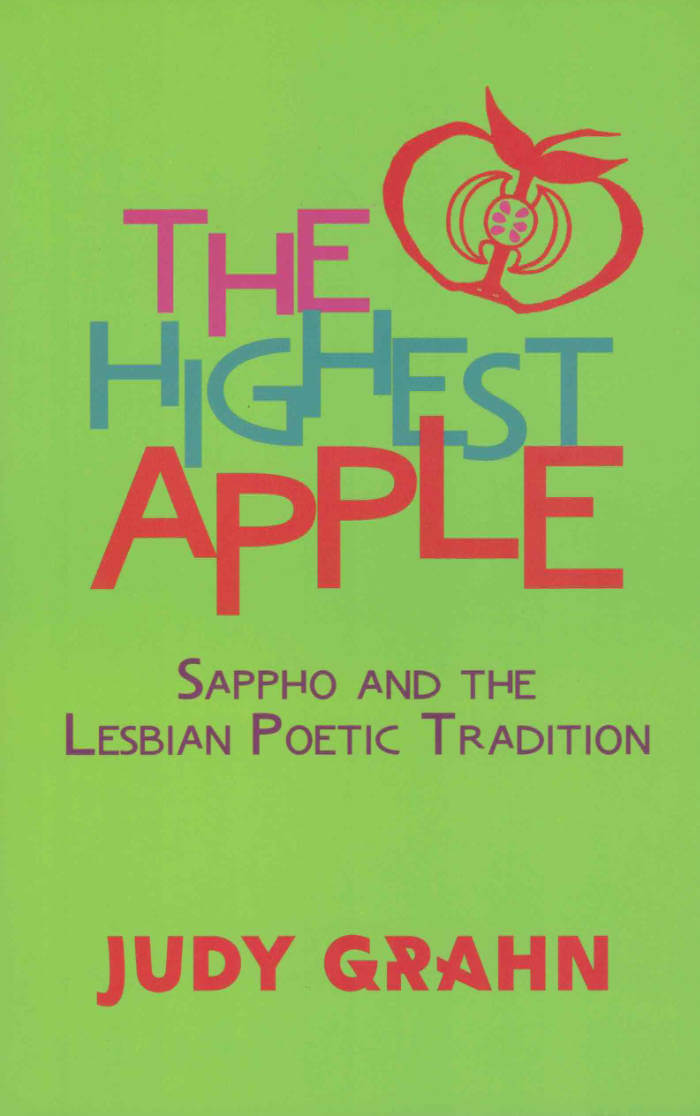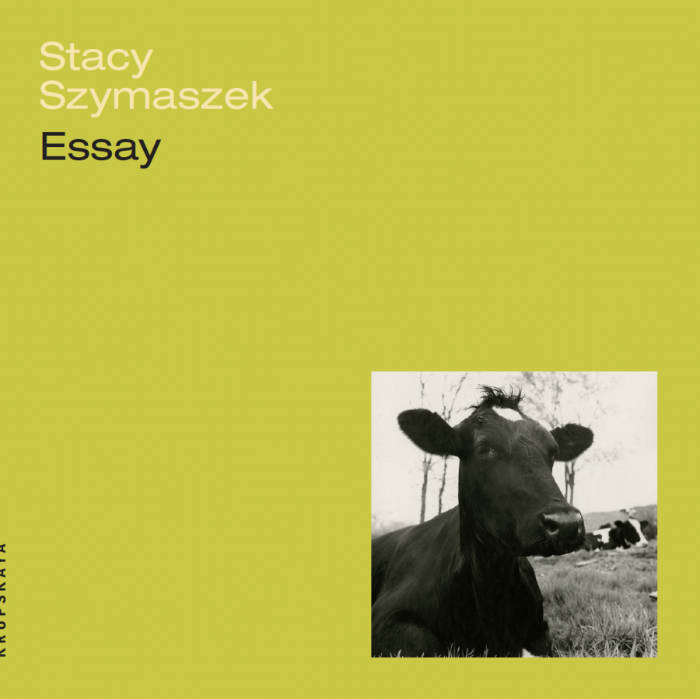
Sex I
Sex I, de Camille Kingué est un récit intime à la première personne qui traite des relations sexuelles/intimes comme espaces de (re) découverte de soi et d'(in) accessibilité à l'autre.

Sex I, de Camille Kingué est un récit intime à la première personne qui traite des relations sexuelles/intimes comme espaces de (re) découverte de soi et d'(in) accessibilité à l'autre.

How To Become est une maison d'édition autogérée basée à Paris. Nous publions les textes d'auteuces engagés dans des pratiques féministes et peu diffusés par le réseau des grandes maisons d'édition françaises.
Créée en 2016, elle est composée d'artistes et écrivaires en majorité gouines, HTB publie de la litterature expérimentale née d'influences post-post- sapphiques ainsi qu'un choix de tradu d'auteuices non traduites en langue française. HTB s'articule autour d'ateliers d'écriture: How to Become a Lesbian, et d'une revue annuelle publiant les choses issues de l'atelier.

In 1985, Judy Grahn boldly declared that lesbians have a poetic tradition and mapped it from Sappho to the present day in the groundbreaking book, The Highest Apple. In this new and updated edition of The Highest Apple: Sappho and the Lesbian Poetic Tradition, Grahn revisits the original text with her characteristic ferocious intellect, passion for historical research, careful close readings, and dynamic storytelling. Grahn situates poetry by Sappho, Emily Dickinson, Amy Lowell, H.D., Gertrude Stein, Adrienne Rich Paula Gunn Allen, Audre Lorde, Pat Parker, and Olga Broumas as central to lesbian culture—and more radically as central to society as a whole.
This new edition of The Highest Apple: Sappho and the Lesbian Poetic Tradition includes Grahn’s in depth analysis of poetic work by her friend and comrade Pat Parker and suggests a transactional approach to poetry as uncovering layers of the self. Grahn assembled this text in conversation with two younger lesbian poets, Alicia Mountain and Alyse Knorr, demonstrating the continued relevance and dynamism of The Highest Apple for contemporary readers. A new introduction by Grahn, a foreword by Alyse Knorr, and editor notes by Alicia Mountain along with six responses by contemporary poets Donika Kelly, Kim Shuck, Serena Chopra, Zoe Tuck, Saretta Morgan, and Khadijah Queen highlight the on-going significance of The Highest Apple to readers, writers, and thinkers.

Cow time meets clerical time meets poet time in Stacy Szymaszek’s gently thrilling Essay. These luminous poem-essays flow with the churning propulsion of dailiness: a roving record of the poet’s ruminations alongside the many cows and calves she befriends. Seeking to honor life beyond usefulness, Szymaszek has given us a large-hearted, gorgeous, and wholly riveting meditation on aging queer life and interspecies friendship on the farm and under capitalism. In Essay, the poet notices, marvels, aches, searches, and wants more for all of us. — Megan Milks
Stacy Szymaszek has long been a poet attentive to work, and this attention is of course animated by place – whether the urban quotidian and attendant human dramas of previous books, or her present workplace on a dairy farm in upstate New York. In Essay’s conversational, immediate, vulnerable, affecting and affected poems, Szymaszek turns to cows and to the cow-like exhaustion of humans who labor in service of capital’s voracity. Essay is bent to the workday but not beaten down by it. We are offered a visionary form, boldly attendant to the present, to prolong survival without denying death.“The heart of the matter is to be able to keep / loving in the face of cow-sorrow unspeakable brevity / unpredictability and contradictions.” In Essay, Szymaszek has built a bed of hay where we can break from our labors and daydream about the “livelihood where we can all work / a single day and have enough for the year and the work / of the cows can be ended.” — Alli Warren

In the late 1970s, Lindiwe Mabuza, a.k.a. Sono Molefe, sent out a call for poems written by women in anc camps and offices throughout Africa and the world. The book that resulted, published and distributed in Europe in the early 1980s, was banned by the apartheid regime.
Authorised by the editor, this re-issue of Malibongwe re-establishes a place for women artists in the history of South Africa's liberation. These are the struggles within the Struggle: a book that records the hopes and fears, the drives and disappointments, and the motivation and resilience of women at the front lines of the battle against apartheid. Here we see the evidence, too often airbrushed out of the narratives of national liberation, of a deep and unrelenting radicalism within women; of a dream of a South Africa in which not only freedom reigned, but justice too.

Chris Mann is an Australian-American composer, poet and performer specializing in compositional linguistics. Mann studied Chinese and linguistics at the University of Melbourne, and his interest in language, systems, and philosophy is evident in his work. Mann founded the New Music Centre in 1972 and taught at the State College of Victoria in the mid-1970s. Mann moved to New York in the 1980s and was an associate of American composers John Cage and Kenneth Gaburo. Mann has recorded with the ensemble Machine For Making Sense with Amanda Stewart and others, Chris Mann and the Impediments, and Chris Mann and The Use. Mann currently teaches in the Media Studies Graduate program at The New School.

Askia Touré was there at the birth of the Black Arts Movement. He was there at the birth of Black Power. In the era of decolonisation, Touré’s visionary poems and essays spoke powerfully to the Tricontinental struggle against the forces of colonialism and white supremacy in Latin America, Asia and Africa. They continue to speak to this struggle today. This 50th anniversary edition of Touré’s visionary 1972 book Songhai! is his first UK book publication and provides a powerful guide to the states and stages of Black radical politics not only during and up to 1972, but into our uncertain future.
Reprinted with a new foreword and original preface by Askia Touré, original introduction by John Oliver Killens, and a new introduction by David Grundy. Illustrations by Abdul Rahman.
Askia Touré is one of the pioneers of the Black Arts / Black Aesthetics movement and the Africana Studies movement. Ishmael Reed has called Touré “the unsung poet laureate of cosmopolitan Black Nationalism.” His poetry has been published across the United States and internationally, including in Paris, Rome, India, and The People’s Republic of China. His books include From the Pyramids to the Projects, winner of the 1989 American Book Award for Literature; African Affirmations: Songs for Patriots: New Poems, 1994 to 2004, and Mother Earth Responds. In 1996, he was awarded the prestigious Gwendolyn Brooks Lifetime Achievement award from the Gwendolyn Brooks Institute in Chicago. Now based in Massachusetts, since August 2019, Mr. Touré has been reading with the Makanda Orchestra, beginning with a celebration of the South African musician Ndikho Xaba.